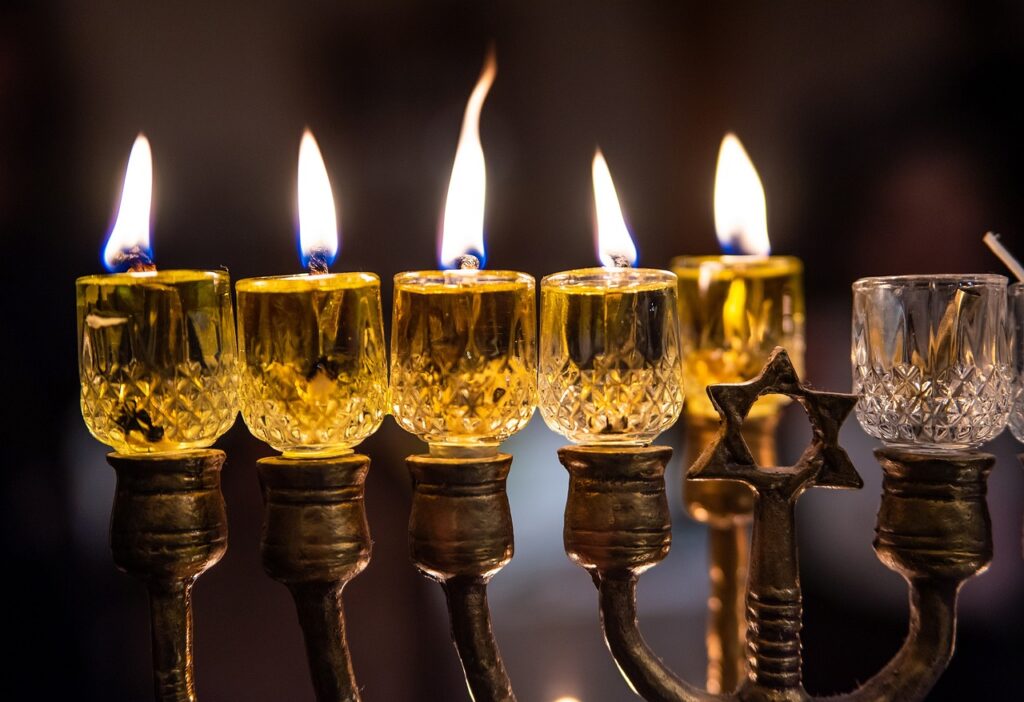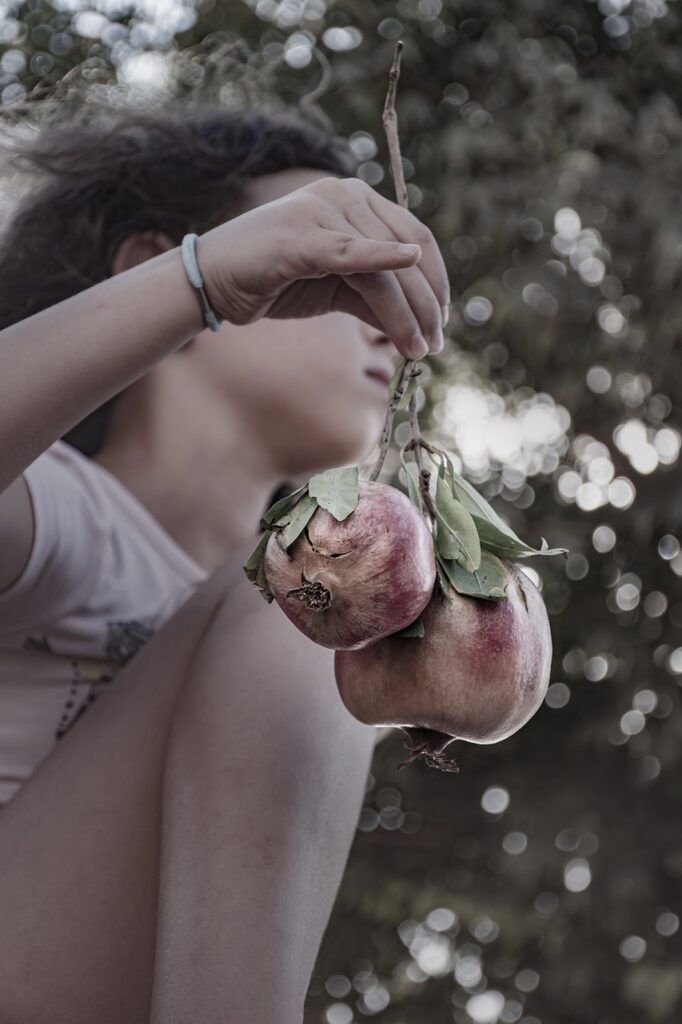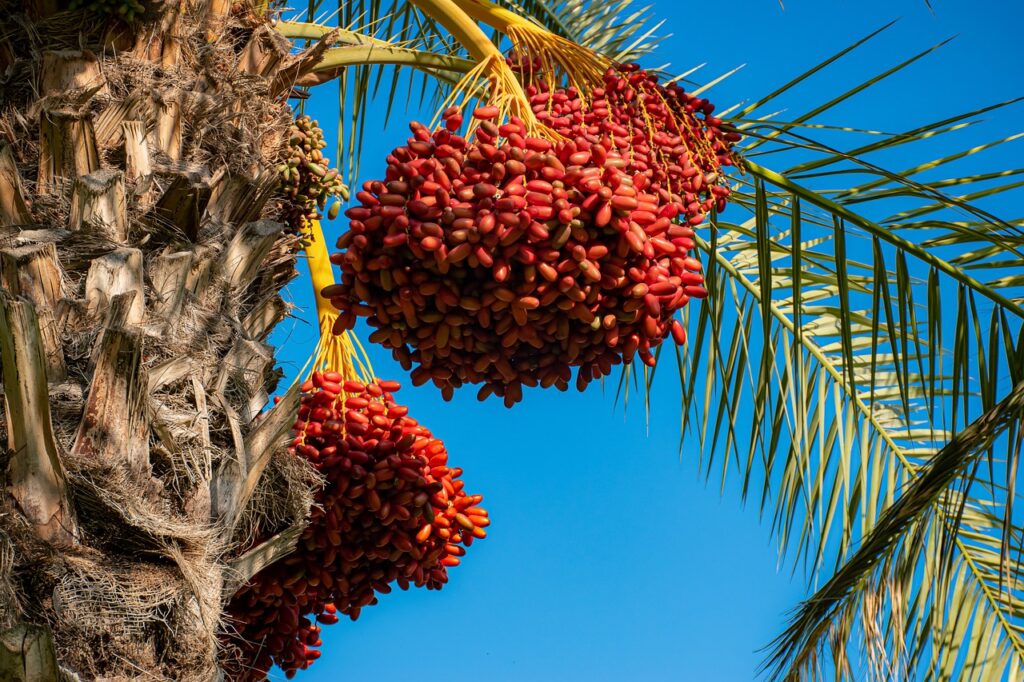
Welcome to the vibrant world of Jewish festivals—a colorful tapestry of celebrations that breathe life into Jewish culture and spirituality. From joyous occasions that commemorate historical events to sacred rituals that mark the cycles of the lunar calendar, Jewish festivals are steeped in rich traditions and profound religious significance. Join us on this informative and delightful journey as we explore the cultural and spiritual importance of these cherished festivities.

- Shabbat: A Weekly Oasis of Rest and Renewal:
We kick off our exploration with Shabbat, the weekly day of rest and spiritual renewal. Every Friday evening, Jewish families and communities come together to welcome the Sabbath with heartfelt prayers, candle lighting, and festive meals. Shabbat is a time to disconnect from the frenetic pace of everyday life and connect with family, community, and the divine. This sacred day embodies the value of rest, reflection, and rejuvenation. - Passover (Pesach): Liberation and Renewal:
Passover, or Pesach, is a festival that resonates deeply with the Jewish identity. Celebrated in spring, it commemorates the exodus of the Israelites from slavery in Egypt. The centerpiece of Passover is the Seder, a festive meal during which families read from the Haggadah, retelling the story of liberation. The unleavened bread, or matzah, symbolizes the haste with which the Israelites left Egypt. Passover is a time for gratitude, hope, and the celebration of freedom. - Shavuot: Receiving the Torah:
Shavuot marks the giving of the Torah to the Israelites on Mount Sinai. Celebrated fifty days after Passover, Shavuot is a joyous festival that combines agricultural and spiritual elements. Families decorate their homes and synagogues with flowers and greenery, symbolizing the harvest season. On this day, Jewish communities engage in night-long study sessions, known as Tikkun Leil Shavuot, exploring the wisdom and teachings of the Torah. - Rosh Hashanah: The Jewish New Year:
Rosh Hashanah ushers in the Jewish New Year, a time of introspection and renewal. Families gather for festive meals and blow the shofar, a ram’s horn, as a call to self-reflection and repentance. The essence of Rosh Hashanah lies in the belief that it is a time when God judges each individual and inscribes their fate for the coming year. It is a time to seek forgiveness and set intentions for personal growth. - Yom Kippur: The Day of Atonement:
Yom Kippur, the holiest day in the Jewish calendar, follows Rosh Hashanah and is observed as a day of fasting, prayer, and repentance. Often referred to as the Day of Atonement, it is a solemn time for deep introspection, seeking forgiveness from God and one another. Jews worldwide refrain from work, eat, or drink, dedicating the day to spiritual reflection and seeking reconciliation. - Sukkot: Embracing the Divine Shelter:
Sukkot, the Festival of Booths, is a joyous and festive occasion celebrated in the fall. Families construct sukkahs, temporary huts adorned with fruits and branches, where they eat and sometimes even sleep during the festival. Sukkot commemorates the biblical journey of the Israelites through the wilderness, symbolizing humility, gratitude, and reliance on divine protection. - Hanukkah: The Festival of Lights:
Hanukkah, celebrated in December, is a heartwarming festival of lights, commemorating the miracle of the oil lamp in the ancient Temple. Families light the menorah, adding one candle each night, symbolizing the eight days of illumination. Children play with dreidels, spinning tops, and enjoy chocolate coins called gelt. Hanukkah radiates joy, hope, and the triumph of light over darkness. - Purim: A Celebration of Triumph and Unity:
is a carnival-like celebration, retelling the biblical story of Queen Esther, who courageously saved her people from destruction. The festive day includes reading the Megillah (the Book of Esther), dressing up in costumes, exchanging gifts of food (mishloach manot) with friends and neighbors, and partaking in a joyous feast. Purim is a time of revelry and unity, emphasizing the power of courage, unity, and divine providence.

As we conclude our colorful journey through Jewish festivals, we are immersed in the richness of Jewish culture, history, and spirituality. Each festival holds unique significance, reflecting the shared values, triumphs, and challenges of the Jewish people throughout history.

Jewish festivals serve as vital threads in the tapestry of Jewish identity, uniting families and communities in joyous celebration and sacred reflection. From the weekly oasis of Shabbat to the jubilation of Hanukkah, each festival offers a glimpse into the heart and soul of Jewish life.

As we continue to celebrate these cherished festivities, may the spirit of unity, hope, and gratitude shine brightly in our hearts and homes. Let us embrace the teachings and traditions of Jewish festivals, weaving them into the fabric of our lives, as we celebrate the timeless cultural and religious significance of these joyous occasions.